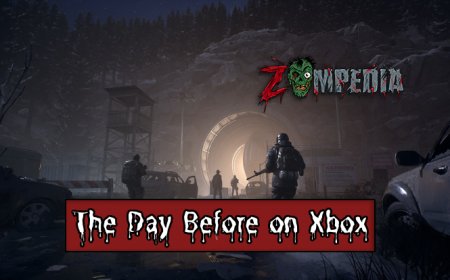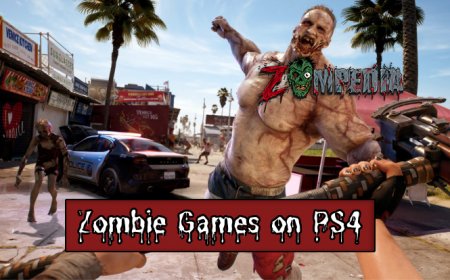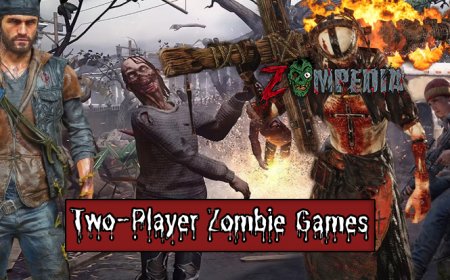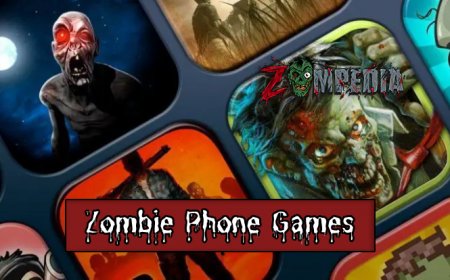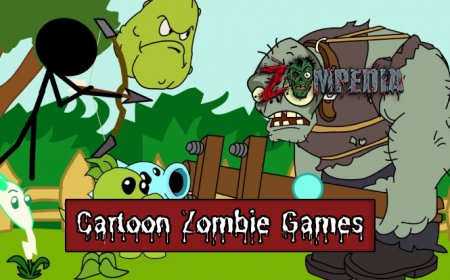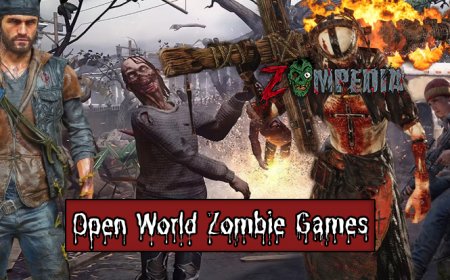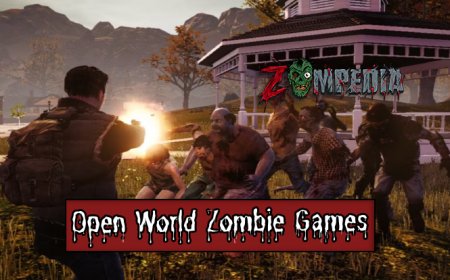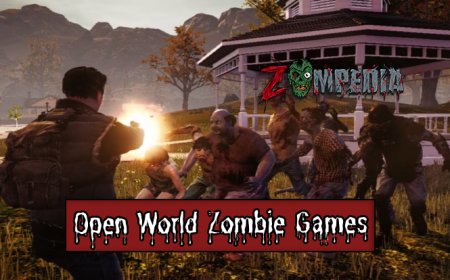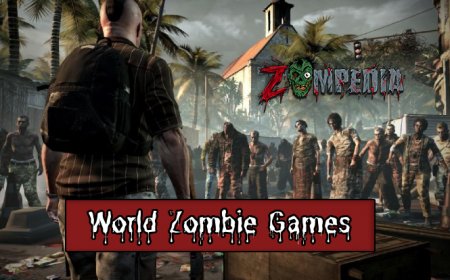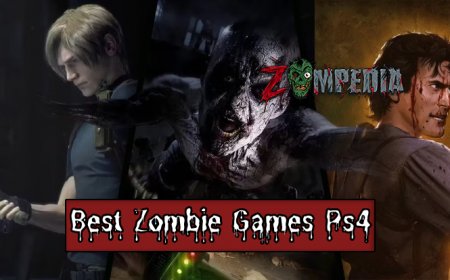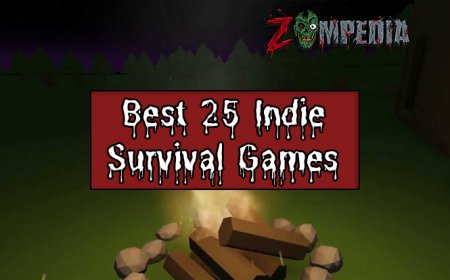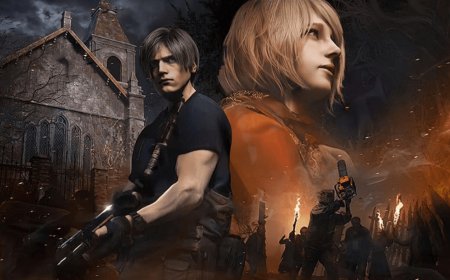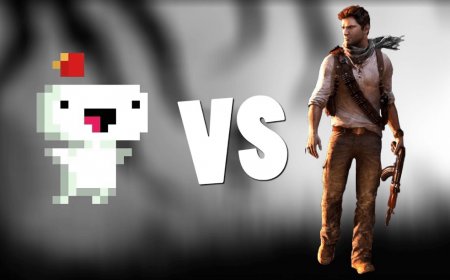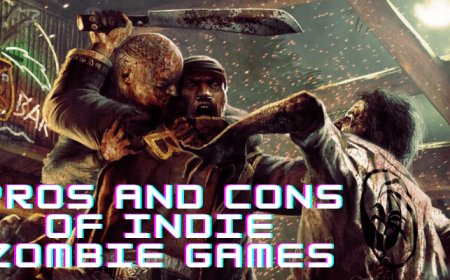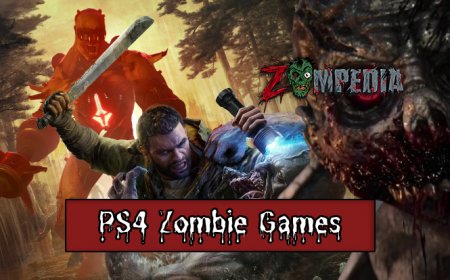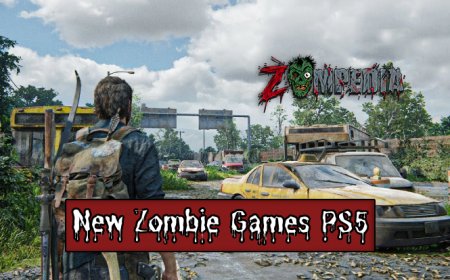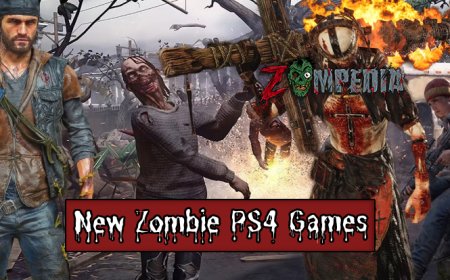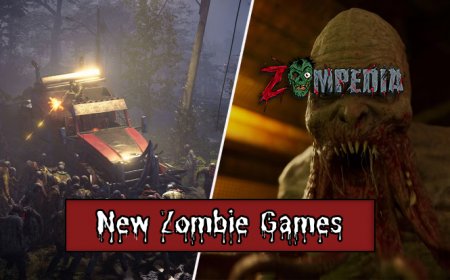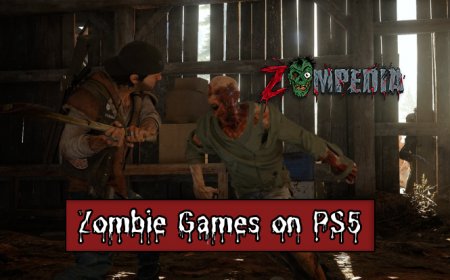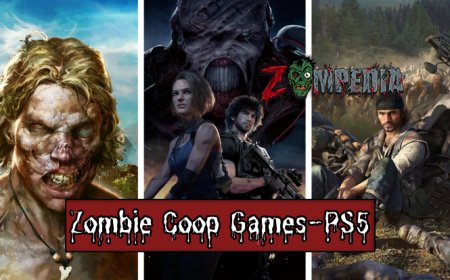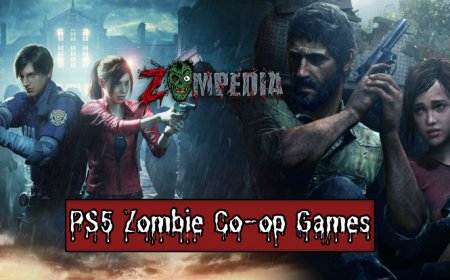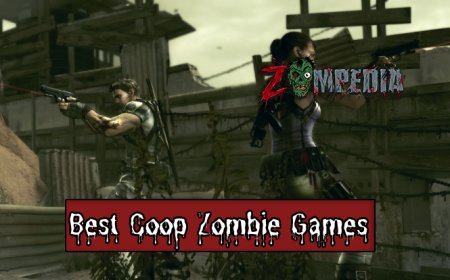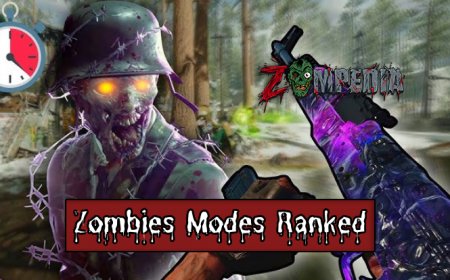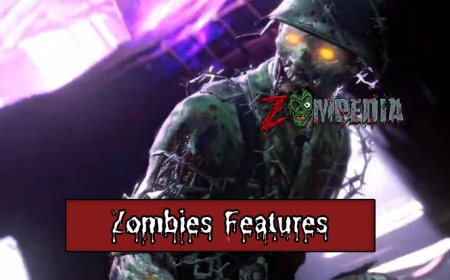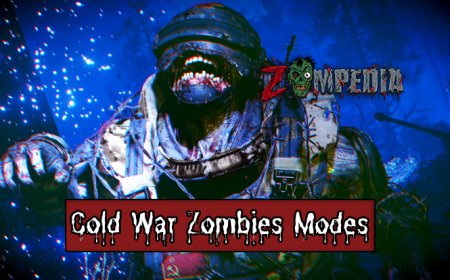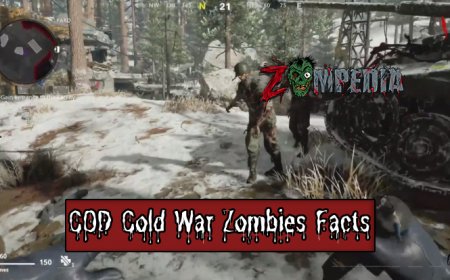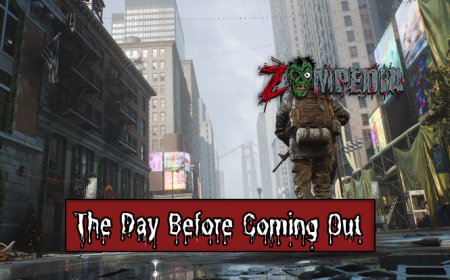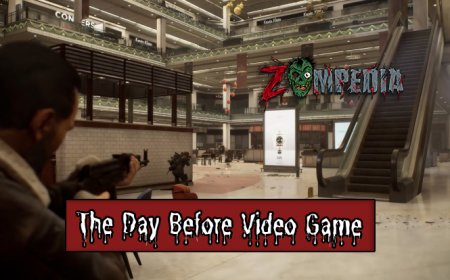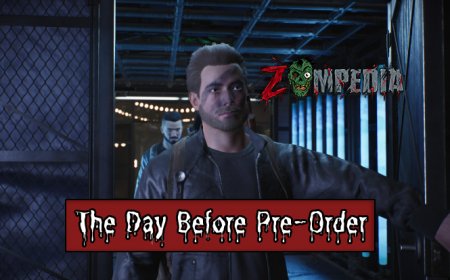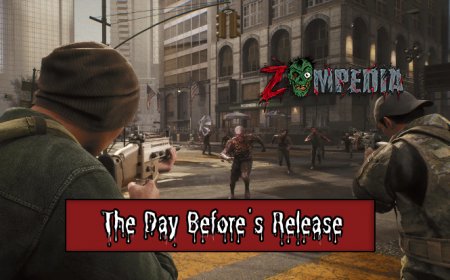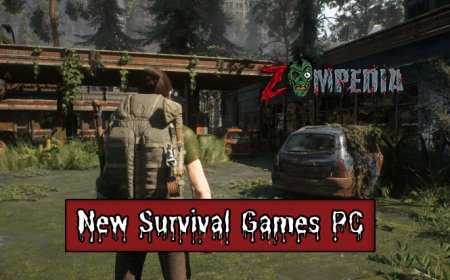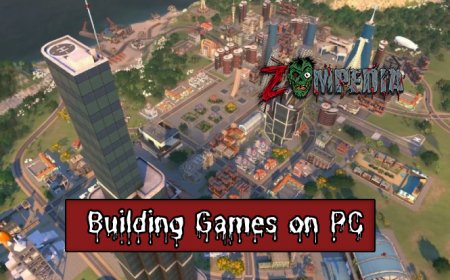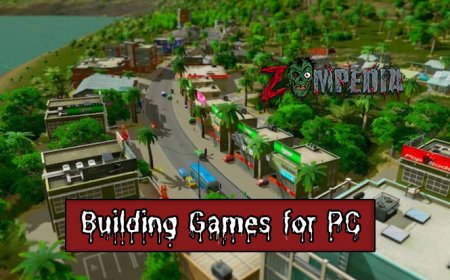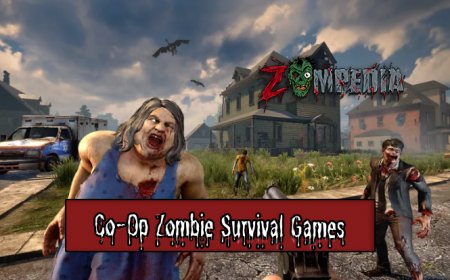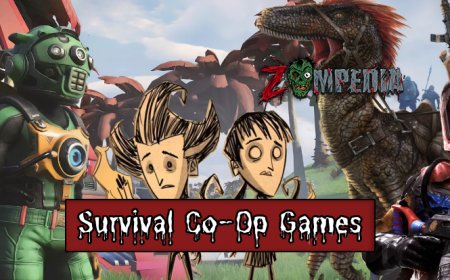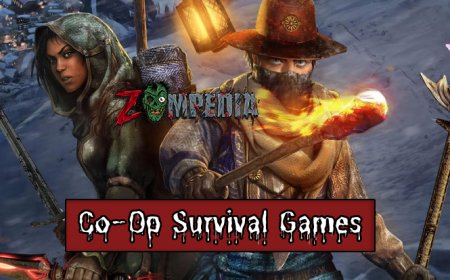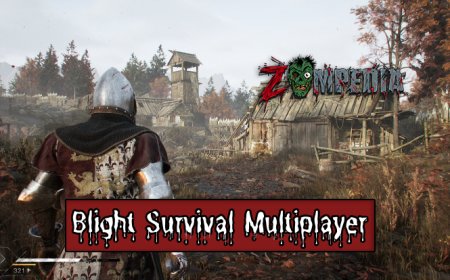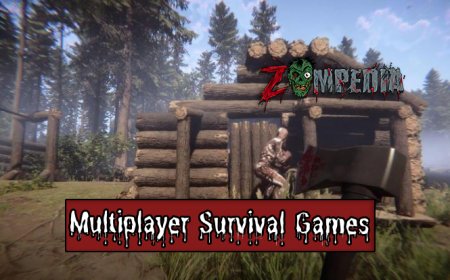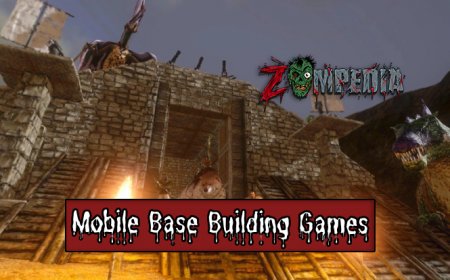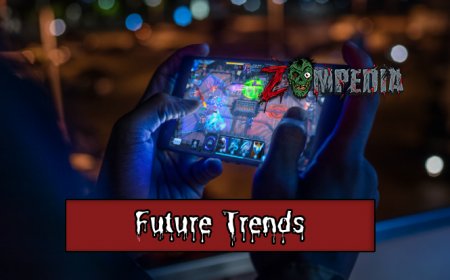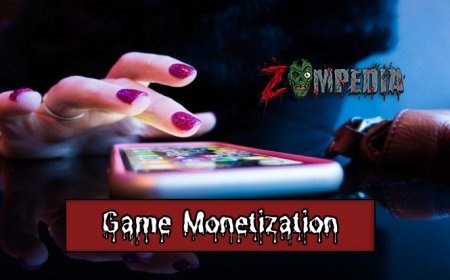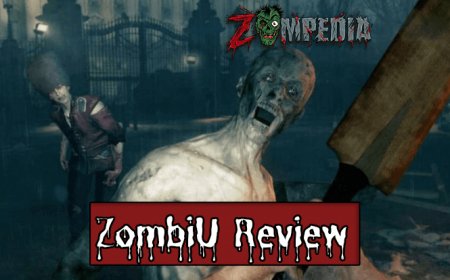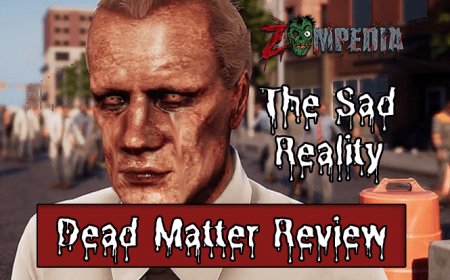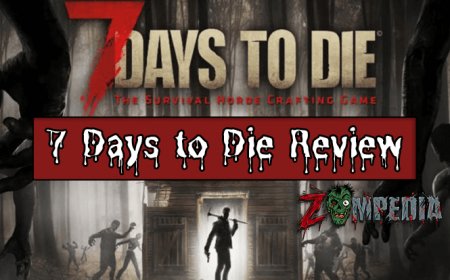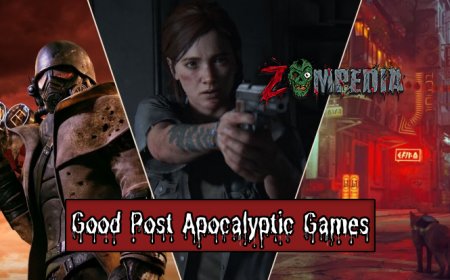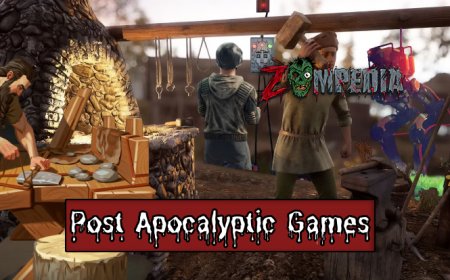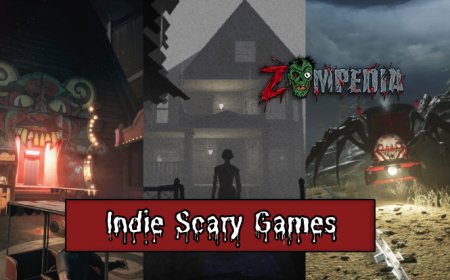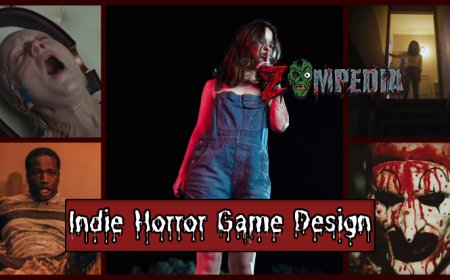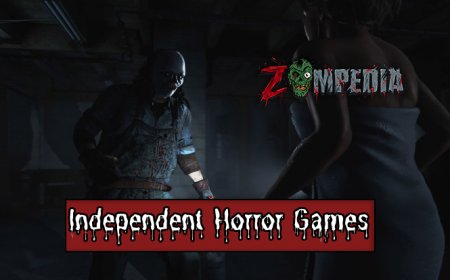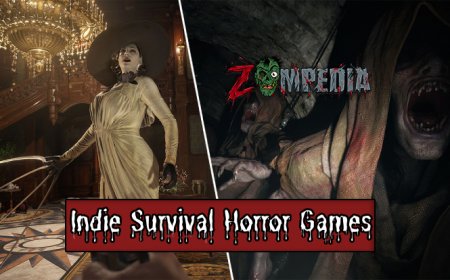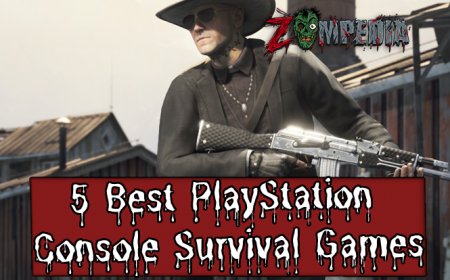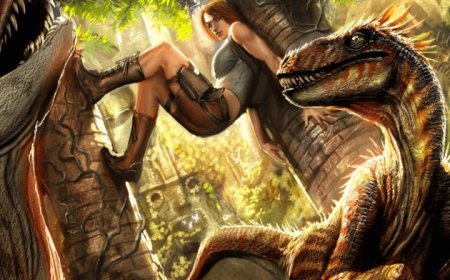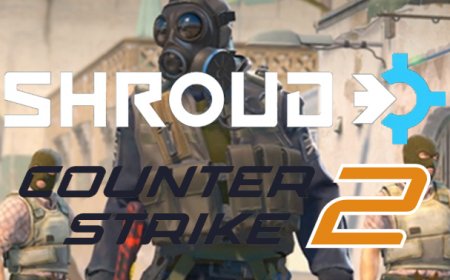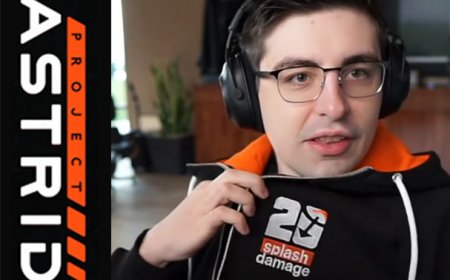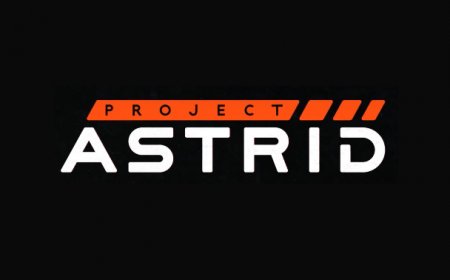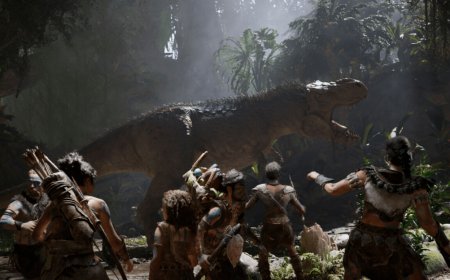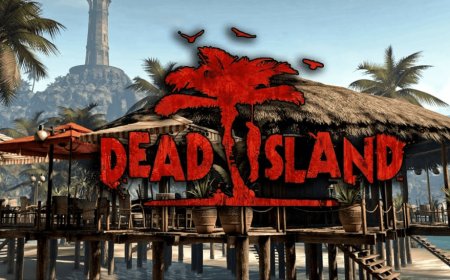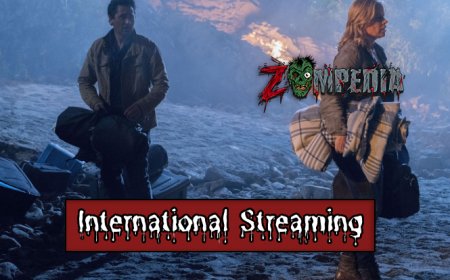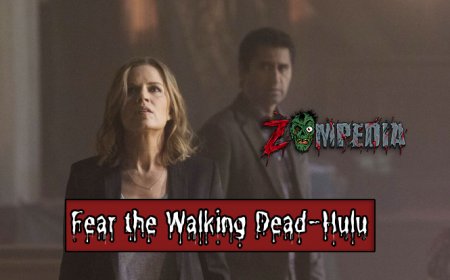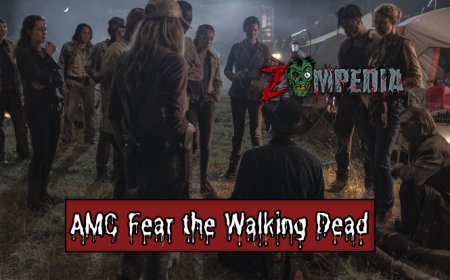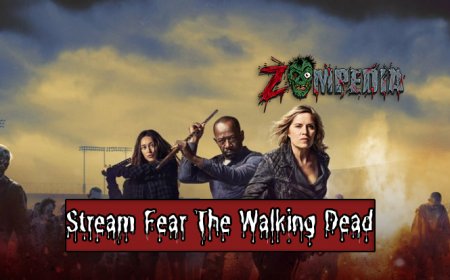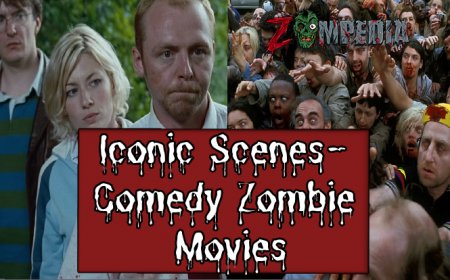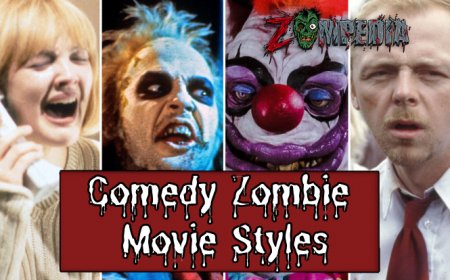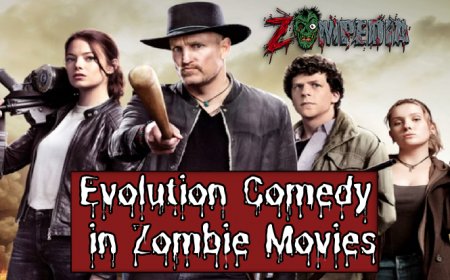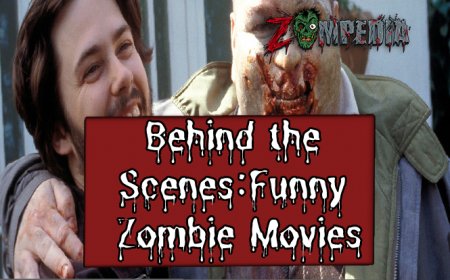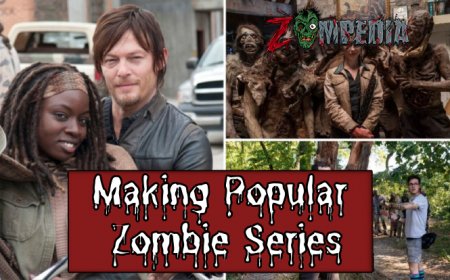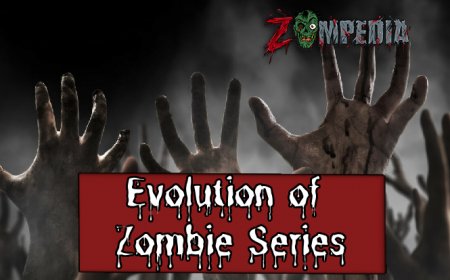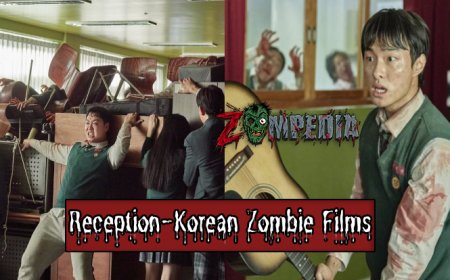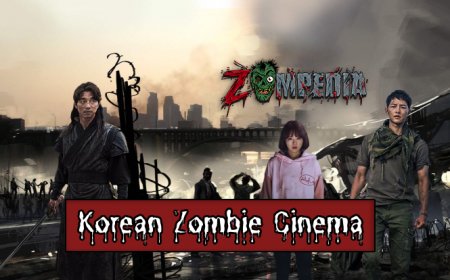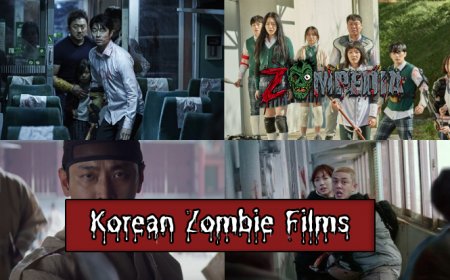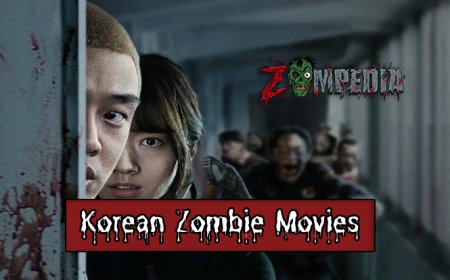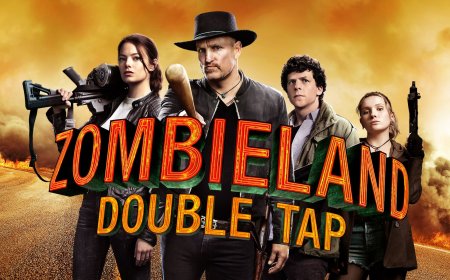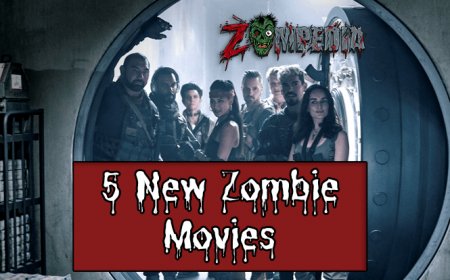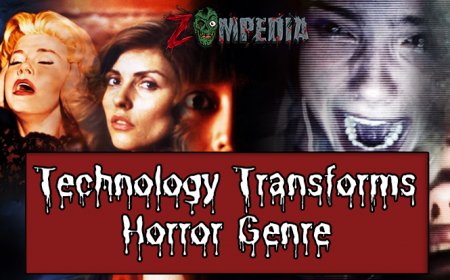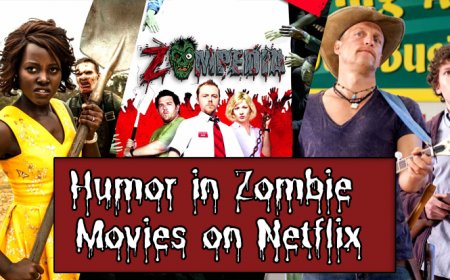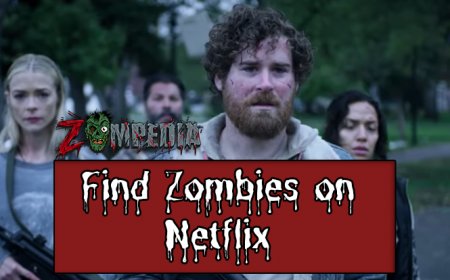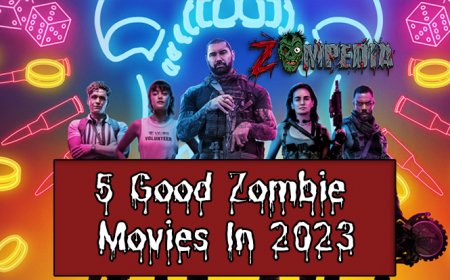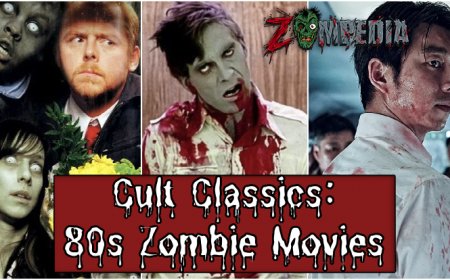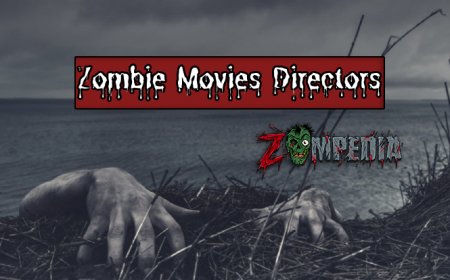Iconic Directors of 80s Zombie Movies: Behind the Classics
Discover the visionary minds behind some of the most iconic 1980s zombie movies. Learn about their work, styles, and impact on the genre.
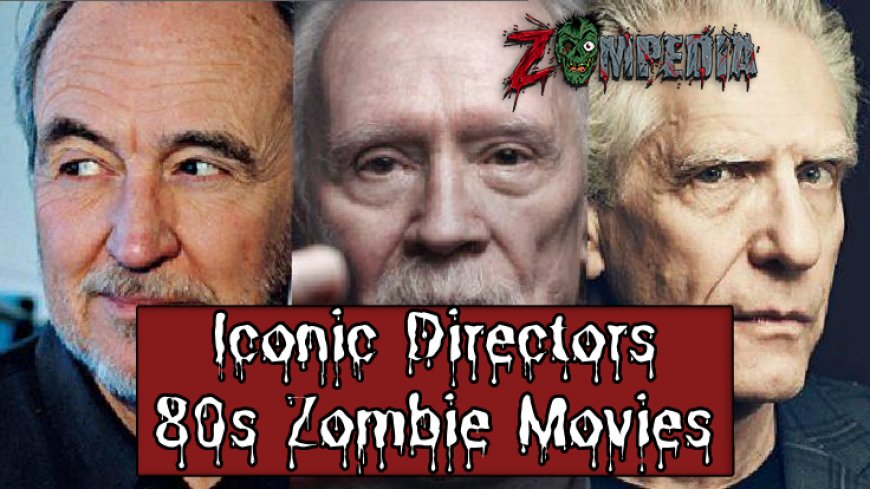
In the 1980s, the popularity of zombie movies soared, capturing the imaginations of viewers around the world. This decade was truly a golden age of undead cinema, thanks in part to the incredibly talented and innovative directors who brought these stories to life. In this article, we will explore the visionary filmmakers responsible for some of the most iconic and genre-defining 80s zombie movies.
Table of Contents
- George A. Romero: The Godfather of Zombie Movies
- Lucio Fulci: Italy's Master of Gore
- Dan O'Bannon: The Undead Innovator
- Sam Raimi: The Birth of the Zombie Comedy
- Conclusion: Inarguable Influence on Modern Zombie Cinema
1. George A. Romero: The Godfather of Zombie Movies
George A. Romero (1940-2017) was an iconic American-Canadian filmmaker whose influence on the zombie genre cannot be overstated. Often referred to as the "Godfather of the Dead," Romero's work laid the foundation for countless zombie films to come. His career began in the late 1960s, but it was during the 1980s that his contributions to the zombie genre reached new heights.

His 1980s films in the "Dead" series included Dawn of the Dead (1978) and Day of the Dead (1985). Both movies brilliantly showcased social commentary interwoven with the flesh-eating undead. In both films, Romero used the image of zombies to comment on consumerism, government, and scientific hubris. These stories were not only gruesome and chilling but also thought-provoking and satirical.
Dawn of the Dead, in particular, catapulted Romero to international acclaim. Set in a shopping mall overrun by zombies, this film contained a biting critique of consumer culture. Themes of survival and societal collapse added layers of depth to the horror narrative.
In Day of the Dead, Romero explored the darker edges of humanity in a military-controlled underground bunker as survivors faced both the undead hordes and their conflicts with each other. The movie stood out for its groundbreaking special effects, created by the legendary makeup artist Tom Savini.
George A. Romero's influence on the zombie genre is vast, with numerous directors citing his work as significant inspiration. His style and storytelling method can still be seen in contemporary zombie cinema today.
2. Lucio Fulci: Italy's Master of Gore
When it comes to Italian horror, few directors can hold a candle to Lucio Fulci (1927-1996). Known as the "Master of Gore," Fulci was a skilled filmmaker who earned international fame for his unapologetically violent and stylistic movies. While he dabbled in many different genres throughout his career, it was his work in the zombie and horror genres that truly made him a legend.

Among his most notable films are Zombie Flesh Eaters (also known as Zombi 2, 1979), The Beyond (1981), and City of the Living Dead (1980). Each of these films helped solidify Fulci's status as a horror legend. As the titles suggest, they were filled with gruesome depictions of the living dead. What set Fulci's films apart was his unique visual style, which often combined surreal, nightmarish imagery with gut-wrenching gore effects.
Zombie Flesh Eaters was Fulci's response to the success of Romero's Dawn of the Dead. Strikingly different from Romero's social commentary, Fulci's film instead focused on the visceral horror of the undead, with haunting and grotesque scenes that have firmly cemented the movie's place in zombie history. The film is infamous for its underwater zombie versus shark scene, which showcases Fulci's innovative ideas and commitment to pushing boundaries.
Both The Beyond and City of the Living Dead were part of Fulci's unofficial "Gates of Hell" trilogy, which explored themes of otherworldly forces and apocalyptic scenarios. These films showcased Fulci's full mastery of atmospheric horror, demonstrating his ability to create palpable tension and fear throughout each scene. Their lasting impact on Italian horror and zombie cinema is indisputable.
3. Dan O'Bannon: The Undead Innovator
Dan O'Bannon (1946-2009) was an American director, screenwriter, and occasional actor whose work in film and television left an indelible mark on the zombie genre. Despite not being as prolific as some of his contemporaries, O'Bannon is best known for his genre-defining and genre-defying film, The Return of the Living Dead (1985). This movie substantially altered the path of zombie cinema and introduced several new ideas that still impact modern films.
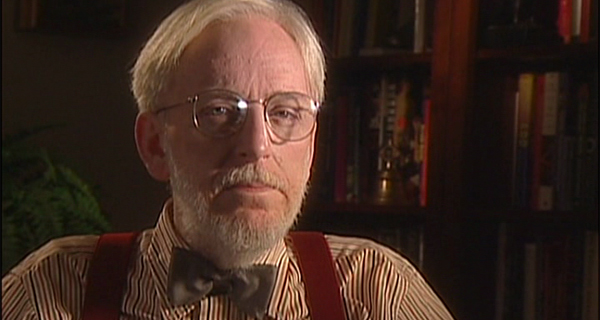
Before creating The Return of the Living Dead, O'Bannon achieved significant success as a screenwriter for Ridley Scott's groundbreaking sci-fi thriller Alien (1979). This success provided him with the resources and the opportunity to write and direct his own film.
O'Bannon's darkly comedic and innovative approach in The Return of the Living Dead was a significant departure from the conventions established by George A. Romero. While Romero's zombies were slow, lumbering creatures hungering for human flesh, O'Bannon's ghouls were faster, chatty, and craved brains exclusively. This divergence introduced a completely new variant of zombies into the horror genre that is now periodically adopted by filmmakers.
"Brains... I can smell your brains!" — Zombie from The Return of the Living Dead
O'Bannon also ingeniously tied his film to Romero's works by having characters interact with a government container that housed one of the original zombies from the events of Night of the Living Dead. This self-aware, tongue-in-cheek approach to the genre greatly puzzled the audiences and has since been replicated many times in other zombie comedies.
The Return of the Living Dead became a cult classic and spawned several sequels, each with varying degrees of success. The creative choices made by O'Bannon significantly influenced the zombie genre, offering a fresh, humorous, and memorable perspective on the living dead.
4. Sam Raimi: The Birth of the Zombie Comedy
Sam Raimi, born in 1959, is an American director, producer, and screenwriter best known for his unique blend of horror, comedy, and action in his most famous film series, The Evil Dead. While his later career brought the popular Spider-Man trilogy and numerous successful television series, it was his earlier work in the realm of the undead that made him a beloved cult figure.
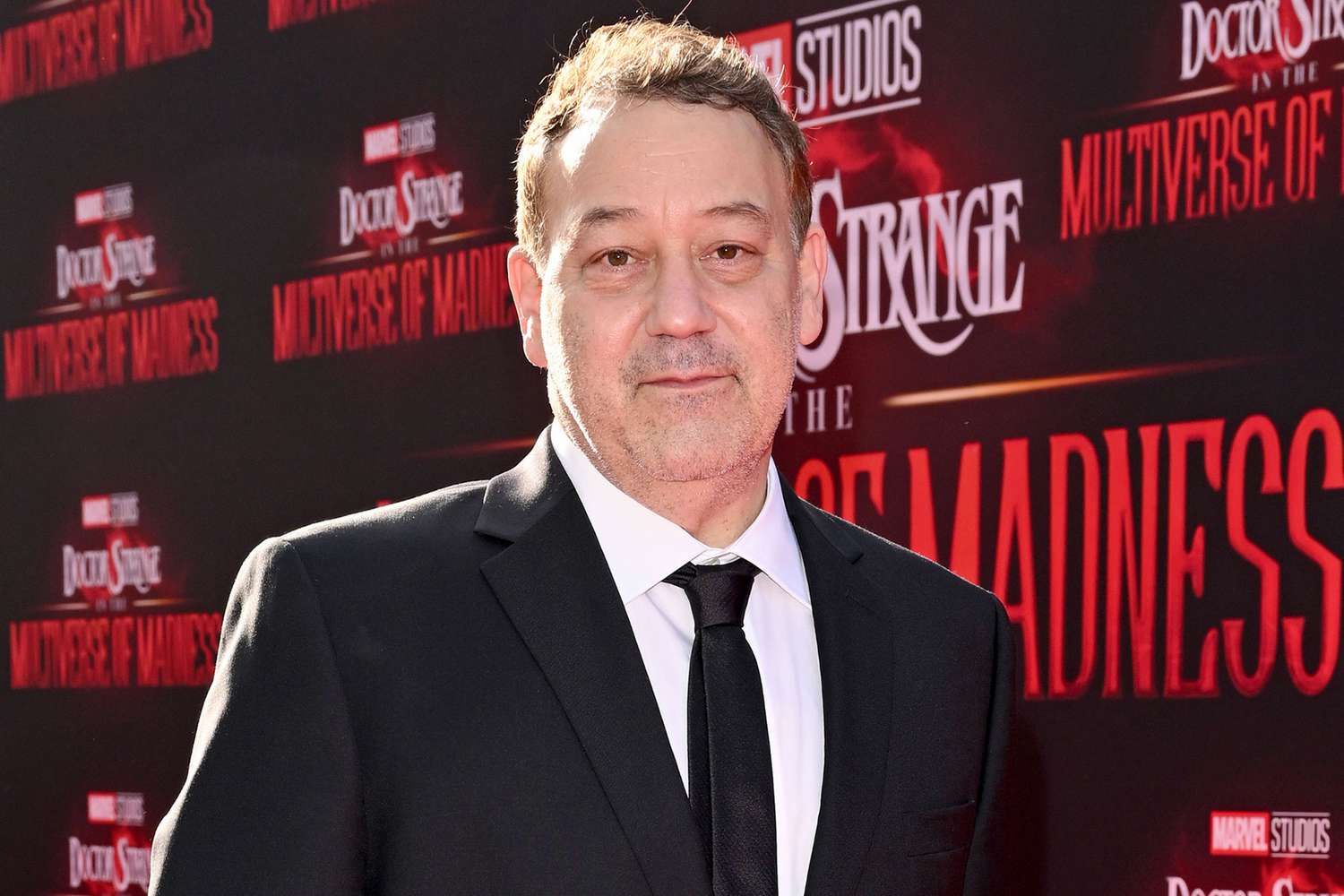
Raimi's The Evil Dead (1981) put a charming spin on the traditional zombie narrative. The film followed a group of friends, including the now-iconic protagonist, Ash (played by Bruce Campbell), who unwittingly unleash an ancient evil while vacationing at a cabin in the woods. When the demonic entity begins inhabiting their bodies and turning them into undead monsters, Ash becomes an unlikely hero.
"Groovy." — Ash Williams from The Evil Dead series
Although The Evil Dead was more of a straight horror film, Raimi's sequels, Evil Dead II (1987) and Army of Darkness (1992), leaned heavily into the comedy aspects. Ash transformed into a one-liner-spewing, chainsaw-wielding force of nature, fighting zombies and other supernatural creatures in an increasingly zany and riotous series of events. Despite the outlandishness, Raimi's excellent filmmaking skills and Campbell's charming performance ensured the films remained entertaining and endearing.
Sam Raimi's work with The Evil Dead series helped pioneer the fusion of horror and comedy in the zombie genre. As a result, many of today's filmmakers have equipped their undead movies with elements of humor to create an engaging and unique experience. Raimi's stylistic approach to the living dead has made a lasting impact—not just in the realm of zombie films, but in the larger domain of horror.
5. Conclusion: Inarguable Influence on Modern Zombie Cinema
The works of George A. Romero, Lucio Fulci, Dan O'Bannon, and Sam Raimi have undeniably shaped modern zombie cinema. Their unique approaches to the genre, individual creative choices, and innovative storytelling techniques have left a lasting legacy. The ideas and themes they developed echo throughout contemporary zombie films and TV shows, reaffirming and reinvigorating the continued popularity of the genre.
While zombie movies have evolved over recent decades, the impact made by these four visionary directors remains ever apparent. From serious social commentary to absurd humor, the imagination and influence of these directors have contributed significantly to the enduring appeal of the living dead.
What's Your Reaction?







